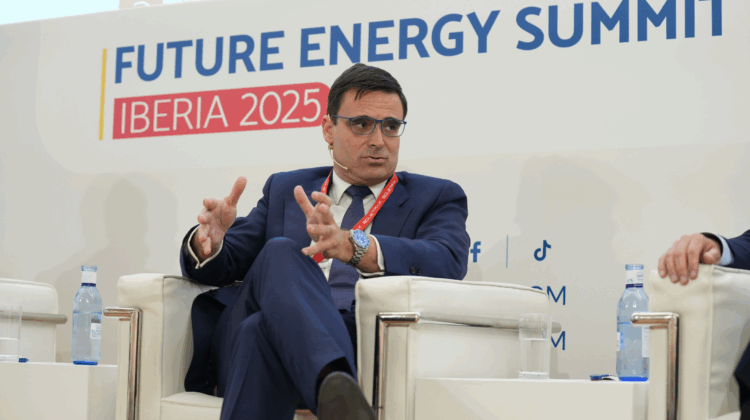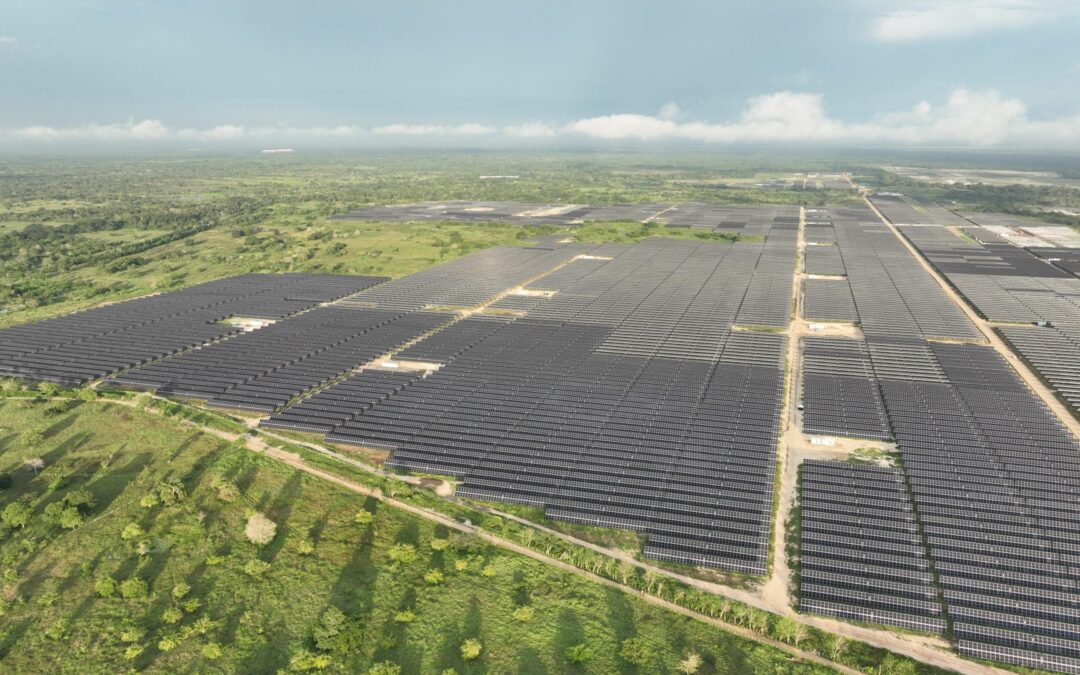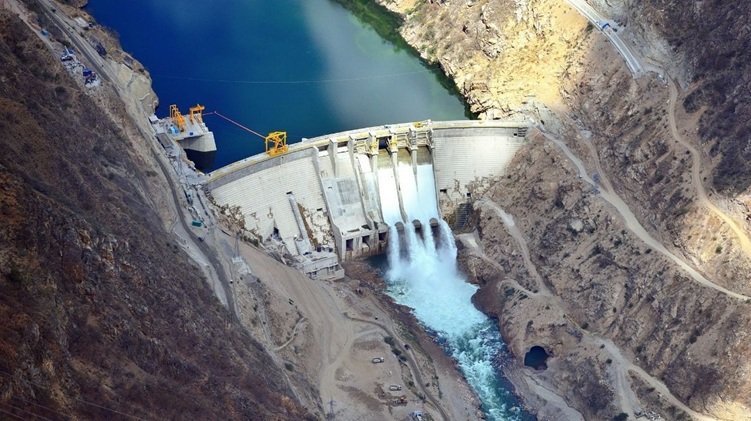Spain’s energy transition risks stalling unless urgent action is taken to boost electricity demand and eliminate regulatory bottlenecks. This is the warning from Daniel Fernández Alonso, Director of Communication, Institutional Relations, Regulation and Corporate Strategy at ENGIE Spain, speaking at the Future Energy Summit (FES) Iberia 2025.
The executive highlights a critical situation: extremely low prices, investment at risk, and slow policy implementation. “Zero prices mean zero investment, zero employment, zero development, and zero future,” he emphasizes, referring to recent behavior in the wholesale market, where solar energy prices have dropped as low as €1.6 per megawatt-hour.
According to Fernández Alonso, the root of the problem is weak demand: “What we urgently need — and specifically in Spain — is electricity demand,” he insists. While Spain has top-tier technology and competitive players, unless renewable generation is better valued through stronger consumption, the energy model risks collapse.
From ENGIE’s perspective, the economic balance of projects is deteriorating. “We’re seeing PPAs based on €50/MWh dropping to €30/MWh; projects are now barely viable or will soon fail to reach the expected returns,” Fernández Alonso warns.
A regulation that slows things down
Fernández Alonso points to the contradiction between political ambition and administrative execution. “We get lost in regulating, re-regulating, approving, processing,” he says. He also criticizes how European directives are often transposed late or in fragmented ways.
Regarding the Net Zero Industry Act, the executive believes the initiative is sound but its execution is flawed. “In October 2023, a European regulation established that new solar permitting should be completed within six months. I can’t imagine that happening in Spain,” he remarks ironically.
One of the most serious barriers is regulatory fragmentation, both at the regional and local levels. “There are 17 different ways of interpreting permitting across autonomous communities and over 8,100 ways to process building licenses at the municipal level,” he highlights.
This, he argues, undermines Spain’s historic opportunity to lead a global industrial revolution based on clean energy. For that reason, he calls for more regulatory coherence: “If in Spain we tell a data center it has to wait for the 2026–2031 grid planning process to connect, we’re basically killing that opportunity,” he states. “Capital needs visibility to make decisions,” he affirms.
He also points to structural bottlenecks that prevent existing generation from being fully utilized. “We have a wind farm in Aragón with over 20% of hours affected by curtailment issues,” he explains.
The solution, he says, is to roll out batteries to store energy during curtailment periods, but that requires enabling regulation, which is still lacking. “Simplifying battery deployment so that this energy can be injected into the grid during blocked hours and benefit the system as a whole — that seems like an obvious win,” he adds.
“We’ve been waiting four years for a capacity market. A draft has been ready since December. Instead of approving it, the focus has shifted to battery subsidies, often placing projects in areas where they’re not even needed,” Fernández Alonso criticizes.
He also highlights the risk of losing grid access when trying to repower first-generation wind farms. “Many wind parks will reach the end of their useful life by 2030. But if you want to repower them, you risk losing your grid connection and your entire project,” he notes. “You basically have to reprocess everything from scratch. It makes no sense,” he remarks.
Fernández Alonso also urges recognition of the longstanding issues that remain unresolved despite being well diagnosed. “If we compare this forum’s discussions to those from a year or two ago, the same weaknesses persist — overcapacity, delays in grid access and demand connection, battery integration — and yet we’re still slow to act,” he says.
While Spain is a leader in strategic plans like the NECP, the executive warns that political ambition hasn’t translated into implementation. “We all agree on the goals. The question is, why isn’t the administrative ambition matching the political one?” he reflects.
In this context, he describes the 7% generation tax, introduced in 2013 to address a deficit, as an outdated burden that should be repealed to restore competitiveness.
He concludes with a clear call to action: “We need to stop talking about magnets on slides and start landing solutions,” referring to the need for tangible, pragmatic implementation.
Despite these regulatory and structural obstacles, ENGIE remains firmly committed to the Iberian Peninsula as part of its global strategy. The group currently develops projects in nine countries, invests approximately €9 billion annually in renewables, and aims to reach 100,000 MW of installed capacity by 2030.



























